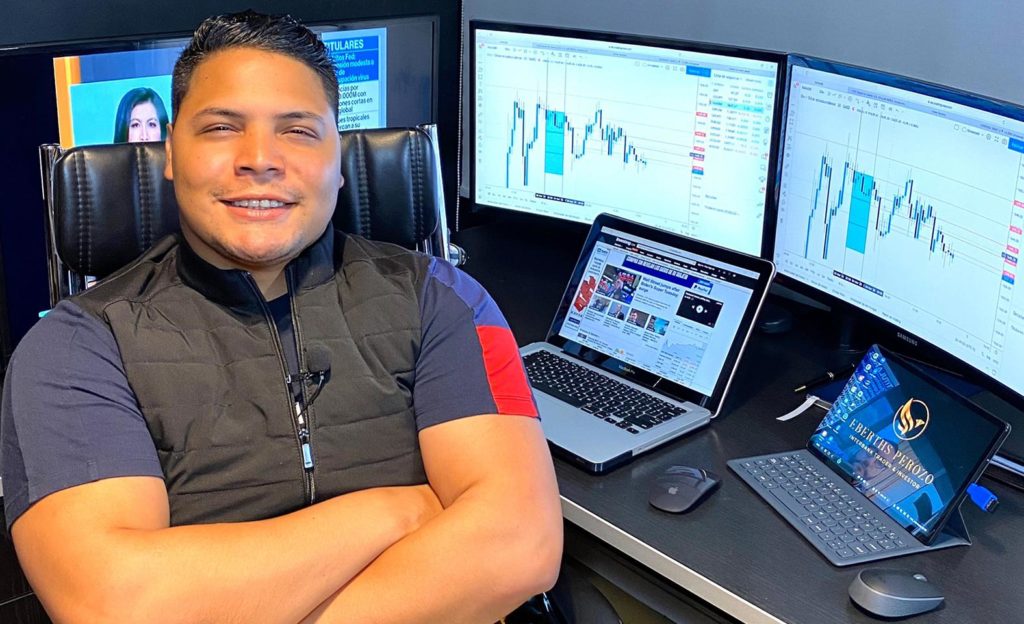E-Commerce Business Owner Perspective: Joining Forces with Fulfillment by Amazon Businesses

Partnering with firms that leverage Fulfillment by Amazon (FBA) helped take our business to the next level.
Working alone means more money in your pocket, but it also means ironing out the details and kinks yourself, from brainstorming, researching, and sourcing new products to creating listings, keeping up with the competition, and dealing with customers.
It’s not impossible, but when you manage everything on your own, it’s easy to get lost in the abundance of tasks. Losing pace and falling behind means missing out on profit and possibly shutting down your e-commerce store.
With Amazon’s market capitalization now well over one trillion dollars, and Amazon’s physical distribution network, which is on track to total 319 million square feet by the end of 2023, as reported by Rocket Mortgage, it would be a shame to lose even a single dime.
But let’s not go down the path of failure. Let’s say you do manage to keep the right pace. Everything is going well, every order is fulfilled, and customers are satisfied. You then get to the next step, scaling your business. But growing a business quickly and with low risk requires knowledge and experience, something unlikely for brand new entrepreneurs to have on their side.
Often, they’ll understand the basic principle that logistics is all about getting things from point A to B; however, they fail to realize there are plenty of steps in the middle. It’s these steps in the middle that make or break a business.
Collaborating with Other Companies
When Andres Corona and I started Midocommerce, we quickly reached a bottleneck. We were a small, scrappy bunch who couldn’t afford the minimum order size to optimize our margins.
The other issue was finding suppliers, wholesalers, and brands. To solve this problem, we looked toward horizontal collaborations with other firms.
We did our research to find out if collaborating was the right move for our small company, and it made sense to partner with others. Others have realized this as well. A 2010 McKinsey survey, done in partnership with Nielsen and the Grocery Manufacturers Association, showed that around 80% of companies were involved in at least one collaboration with another firm.
It’s like they say, “If you can’t beat them, join them.”
Instead of waiting until we could order at our desired scale, we partnered with others to ensure that we could hit the minimum order sizes that could optimize everyone’s margins.
Once we implemented this, things took off. Profits increased, and we could provide a better experience to our customers, and through ordering in larger quantities, we also reduced how frequently we needed to restock.
Our experience taught us the value of entering into collaborative relationships with our partners and vendors, especially when the incentives align. Neither one person nor one company can bring a single product from one side of the world to the other, but when we all work together, there is no limit to what we can achieve.
Today, we have significant stakes in multiple FBA (Fulfillment by Amazon) businesses, and we bring our strengths to each. For example, we heavily rely upon the supply chain logistics that Amazon has created and manages. This saves us from dealing with the fulfillment side and gives us more time to focus on optimizing the sourcing of our products and getting them to Amazon’s warehouses.
Through our struggles and successes, we’ve learned that personalizing products, avoiding supply chain issues, optimizing digital channels, and creating a positive customer experience will keep your service at the highest level. When you have excellent service, you attract new and retain loyal customers, and the revenue grows.
All the work we do is filtered through that lens. There is a whole graveyard of dropshipping and e-commerce stores on Amazon that wanted to make a quick buck. They tried, and they failed. We managed to get far beyond the point of being broken; we found suppliers, brands, and wholesalers to work with us and with our FBA system, and now, we are at the top of the market.
About Eberths Perozo: Eberths Perozo is the founder and CEO of three U.S.-based companies — Eberths Enterprises LLC, Midocommerce LLC, and Elite Work Solutions LLC. Perozo has worked with 107 companies to create and manage their Amazon stores which have reached more than $27 million in combined gross sales.
